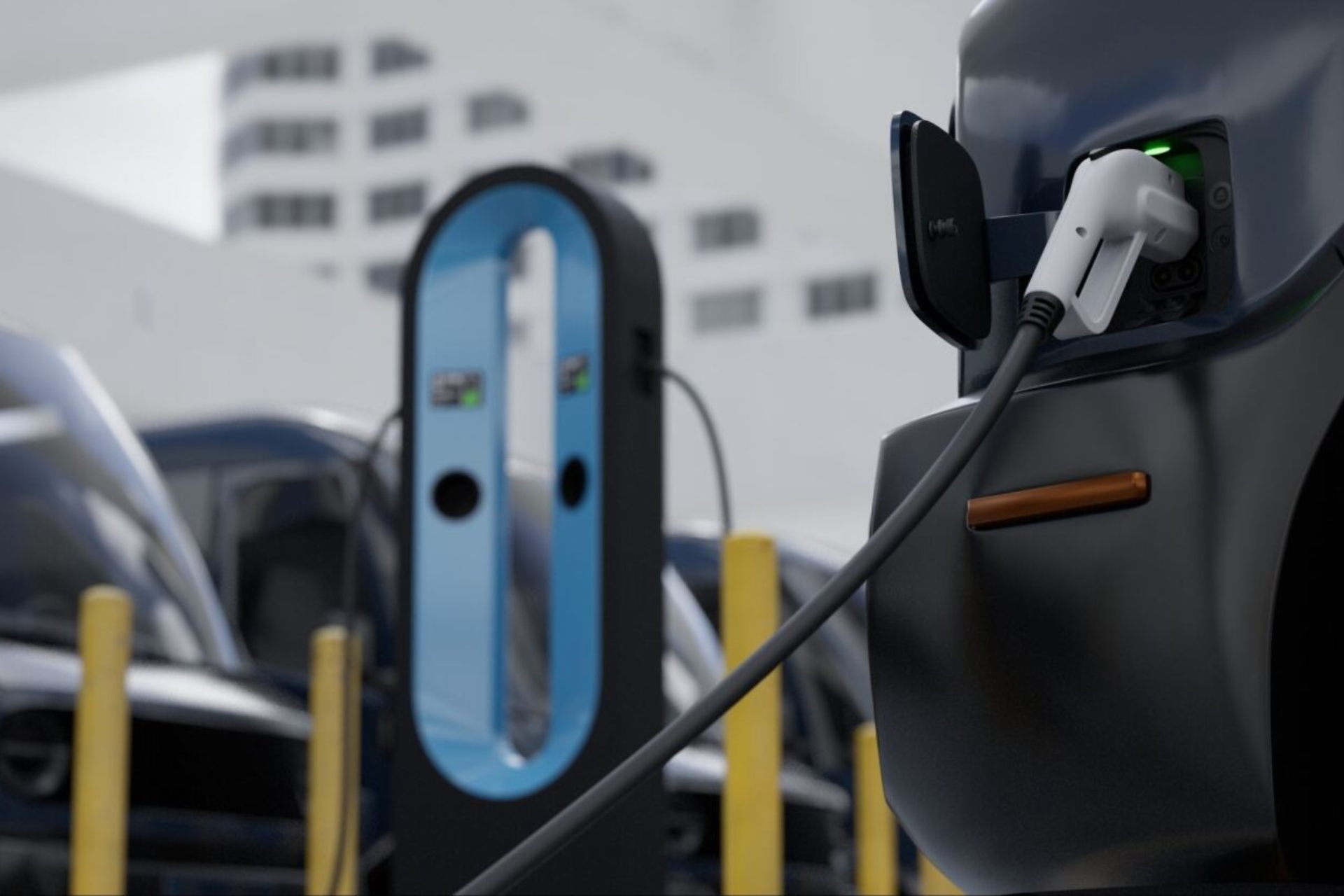Price, value and quality are the three most important factors when UK businesses are considering an electrification partner, according to the latest research from Drax. But what’s the story behind the headline?
Price comes out on top
Unsurprisingly perhaps, ‘price’ is the most important factor for UK business fleet managers and other decision-makers when choosing an EV solutions partner. Over a third – 36% – of respondents to our research ranked it as the number one driver.
Price becomes less potent if a partner can demonstrate wider value to the business in both the short and long term. So, as well as being competitive on the upfront costs, potential partners need to demonstrate the total cost of ownership (TCO) associated with their solution.
In addition to the initial outlay and running costs of the EVs themselves, TCO is likely to comprise two additional key factors. Firstly, the organisation’s investment in charging infrastructure and its ongoing maintenance, and secondly the cost of the associated payment systems. Other operational expenses could include the data gathering and analysis that will help evaluate – and maximise – the financial benefits of EV adoption.
However, this costing exercise may not be as straightforward as it sounds. Naomi Nye – Head of Sales at Drax Electric Vehicles – suggests that organisations need to compare ‘apples with apples’ when it comes to the prices that suppliers provide. She recommends absolute clarity on what’s been costed. Without it, she says, “choosing the supplier with the apparently cheaper ‘solution’ could backfire within a few months when you realise it’s not working but adding to your costs instead.”
Value and quality are close behind
In addition to associating value with TCO, decision-makers also equate it with ‘collaboration’, ‘reliability’, ‘service and support’ and ‘quality
Organisations appreciate providers that can collaborate effectively and work in partnership to ensure a successful transition to electric vehicles. What’s more, such an approach may extend to the partner’s ability to offer customised solutions. In this scenario, the relationship allows the partner to gain a deep understanding of the client’s business. In turn, the provider’s flexibility in what they can offer means they can deliver a more bespoke product or service.
Partners can then offer even more value through their customer service and ongoing support, which respondents rated as important. In fact, clients seem to favour providers that can demonstrate a genuine care through regular check-ins and ‘proactive outreach’, and by being available to promptly address concerns or issues.
The report, “Driving change: The state of fleet electrification in the UK”, digs deeper into the key barriers to electrification. It’s based on the results of 405 online surveys and eight in-depth interviews, and you can download the complete summary of the research report here.
Download your free copy here.




